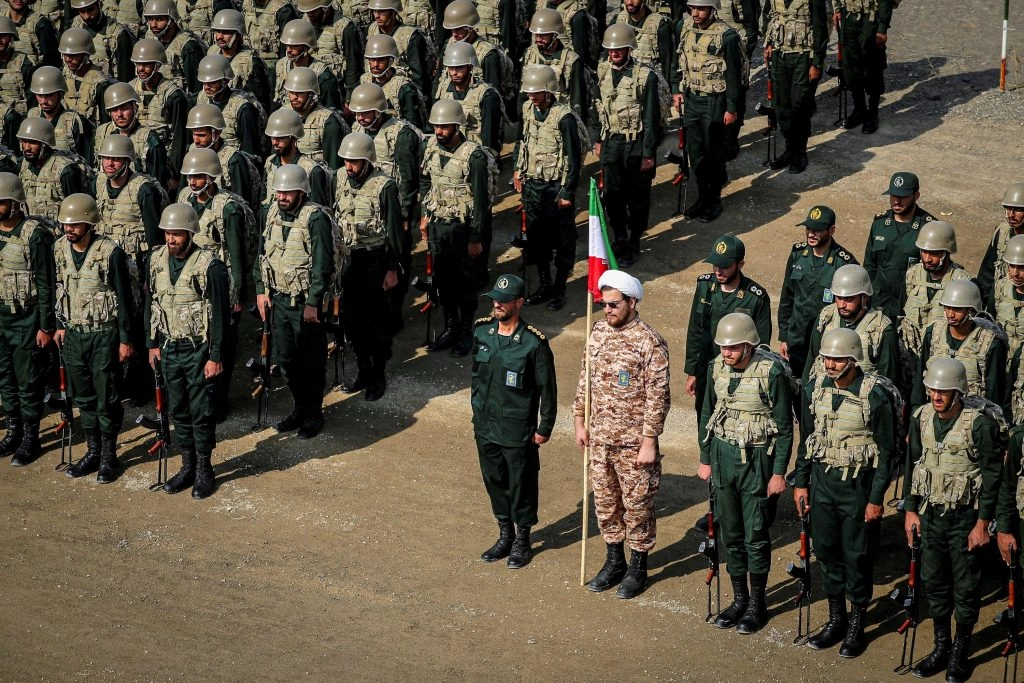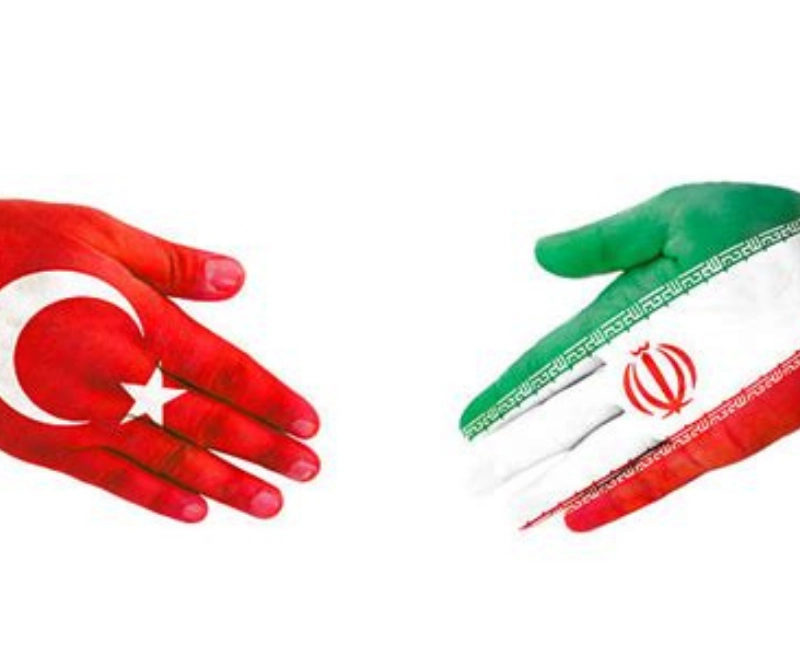What drives two regional powers like Turkey and Iran to seek deeper collaboration in counterterrorism? How can their partnership reshape security dynamics in the Middle East? And why is this cooperation more critical now than ever before? These questions lie at the heart of President Recep Tayyip Erdogan's recent call for enhanced Turkey-Iran collaboration against terrorism—a move that could redefine regional stability.
The Strategic Imperative for Turkey-Iran Counterterrorism Alliance
Turkey and Iran, despite differing geopolitical orientations, face common security threats from Kurdish separatist groups like the PKK and PJAK, as well as residual ISIS networks. The rugged terrain along their shared border serves as a breeding ground for cross-border militant movements. A 2023 report by the International Crisis Group noted that uncoordinated operations by both countries often allow terrorist groups to exploit jurisdictional gaps.
Practical Example: In 2022, Turkish military operations against PKK bases in northern Iraq inadvertently displaced militants toward Iranian territory, while Iranian strikes on PJAK camps pushed fighters toward Turkish borders—demonstrating the "whack-a-mole" effect of unilateral actions.
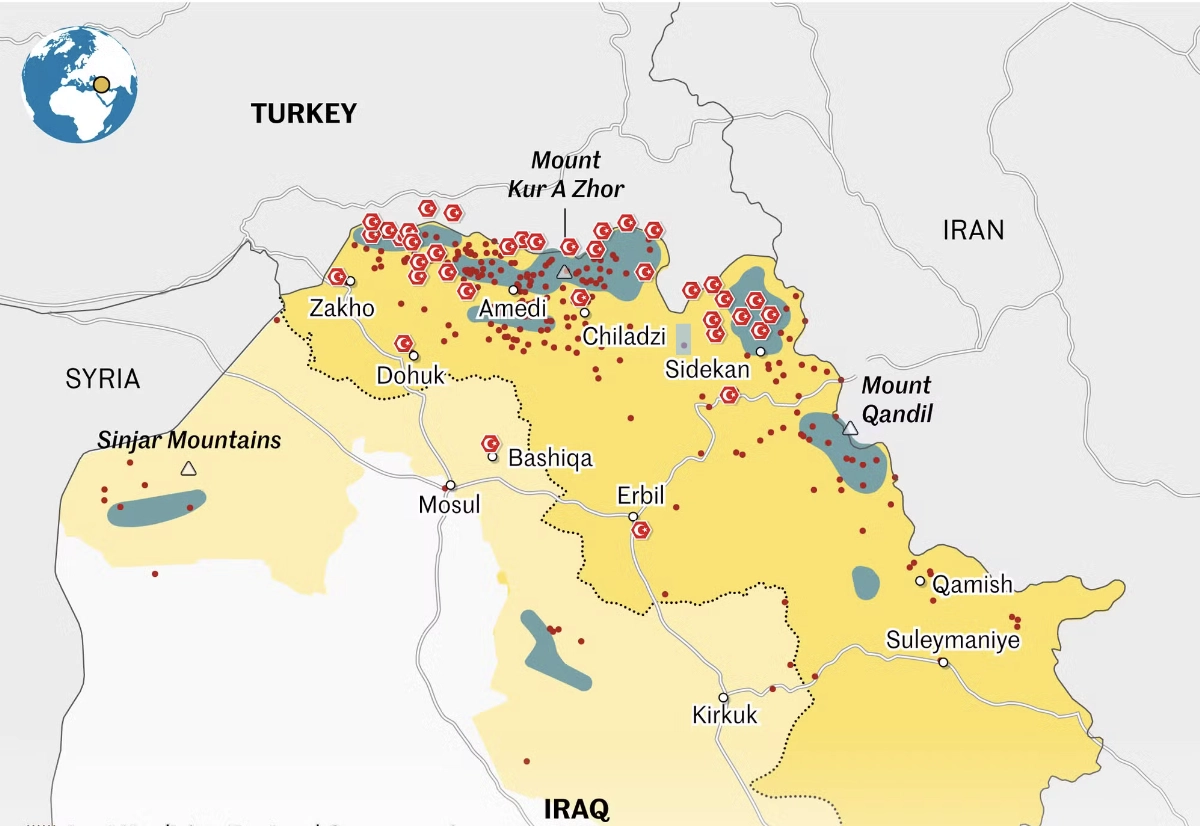
Historical Context: From Rivalry to Pragmatic Partnership
The relationship has evolved from Ottoman-Persian rivalries to modern-day pragmatic cooperation. The 2008 Tehran Agreement first established joint intelligence sharing, but implementation remained inconsistent. Erdogan's 2024 proposal suggests creating real-time data exchange mechanisms and synchronised border patrols, building on existing frameworks like the 2017 Astana peace process for Syria.
Case Study: During the 2021 Kabul evacuation crisis, Turkish-Iranian coordination prevented ISIS-K from infiltrating refugee flows—a model for crisis-response collaboration that could be institutionalised.
Technical Dimensions of Enhanced Cooperation
Intelligence Fusion Centres
Establishing a joint facilities modelled after the U.S.-led Combined Joint Task Force could enable:
- Signal intelligence sharing on militant communications
- Integrated drone surveillance networks covering border regions
- Standardised biometric databases of suspected terrorists
Legal Harmonization
Divergent legal frameworks currently hinder extradition and evidence sharing. A proposed counterterrorism judicial protocol would address:
- Mutual recognition of terror designations
- Cross-border subpoena authority
- Witness protection agreements
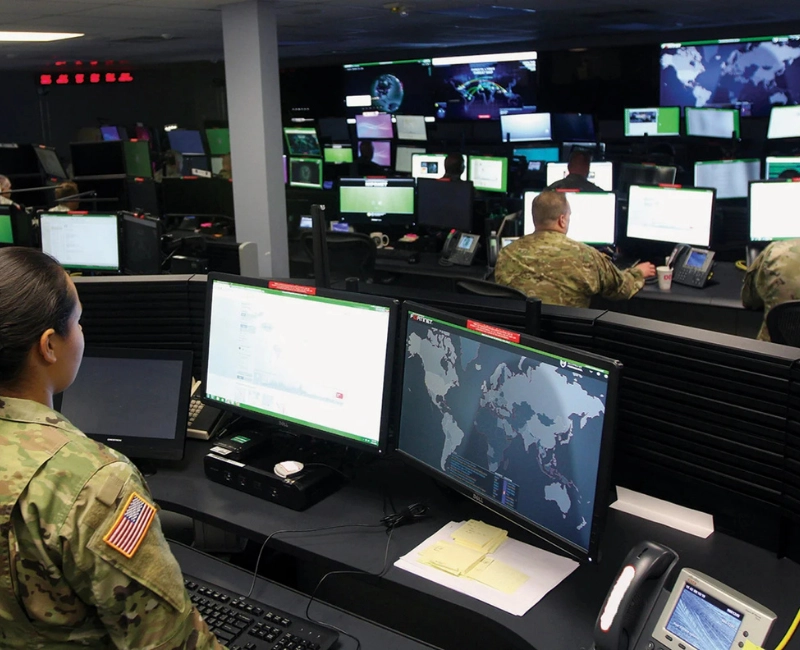
Economic and Security Nexus
The $30 billion bilateral trade relationship creates leverage points. Iran's Chabahar Port could serve as a logistics hub for regional counterterror operations, while Turkish drone technology might enhance Iranian border monitoring capabilities. Energy cooperation (Turkey imports 10% of its gas from Iran) provides additional stability to sustain long-term security partnerships.
Real-world Impact: Joint economic projects in border provinces could reduce recruitment pools for terrorist groups by creating alternative livelihoods—a strategy successfully implemented in Southeast Turkey's GAP development program.
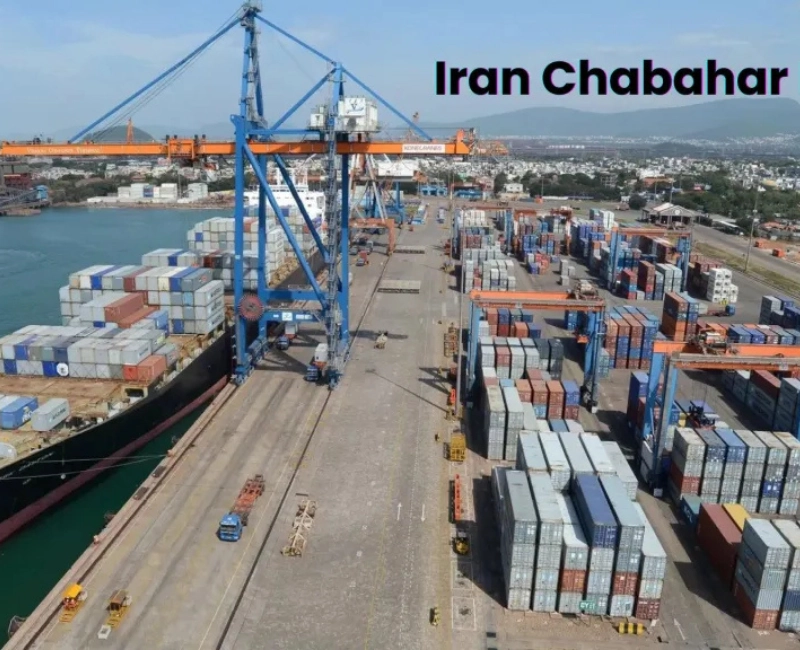
Challenges and Mitigation Strategies
Obstacles include:
- Iran's ties with groups Turkey designates as terrorists (e.g., Hamas)
- Competing interests in Syria and Iraq
- U.S. sanctions are complicating technology transfers
Potential Solutions:
- Compartmentalised cooperation focusing exclusively on PKK/PJAK/ISIS threats
- Third-party mediation by Qatar or Russia
- Sanctions waivers for counterterrorism-specific technologies
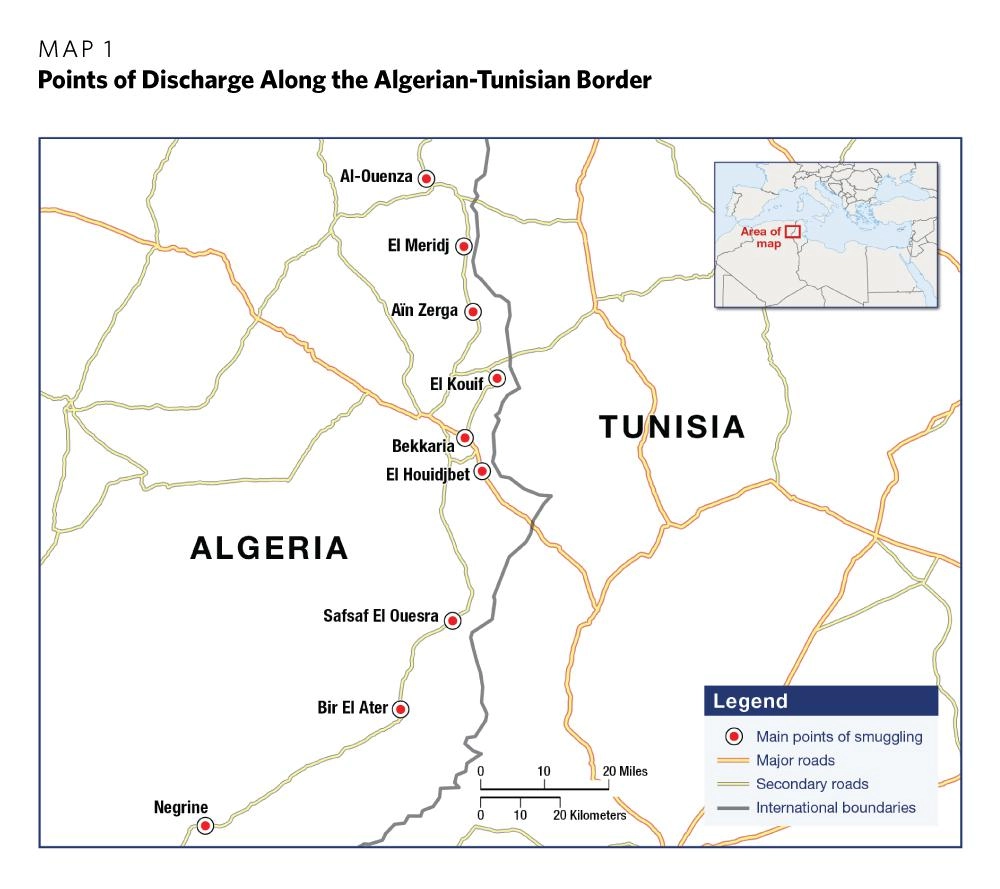
The Road Ahead: A Blueprint for Regional Stability
Implementation phases could include:
- Confidence-building measures (2024): Joint training exercises, hotline establishment
- Operational integration (2025-26): Cross-border pursuit protocols, shared airspace for surveillance
- Institutionalisation (2027+): Permanent joint command structure, regional counterterrorism fund
Success would create a template for broader Middle Eastern security architectures, potentially drawing in Iraq and Pakistan as partners.
